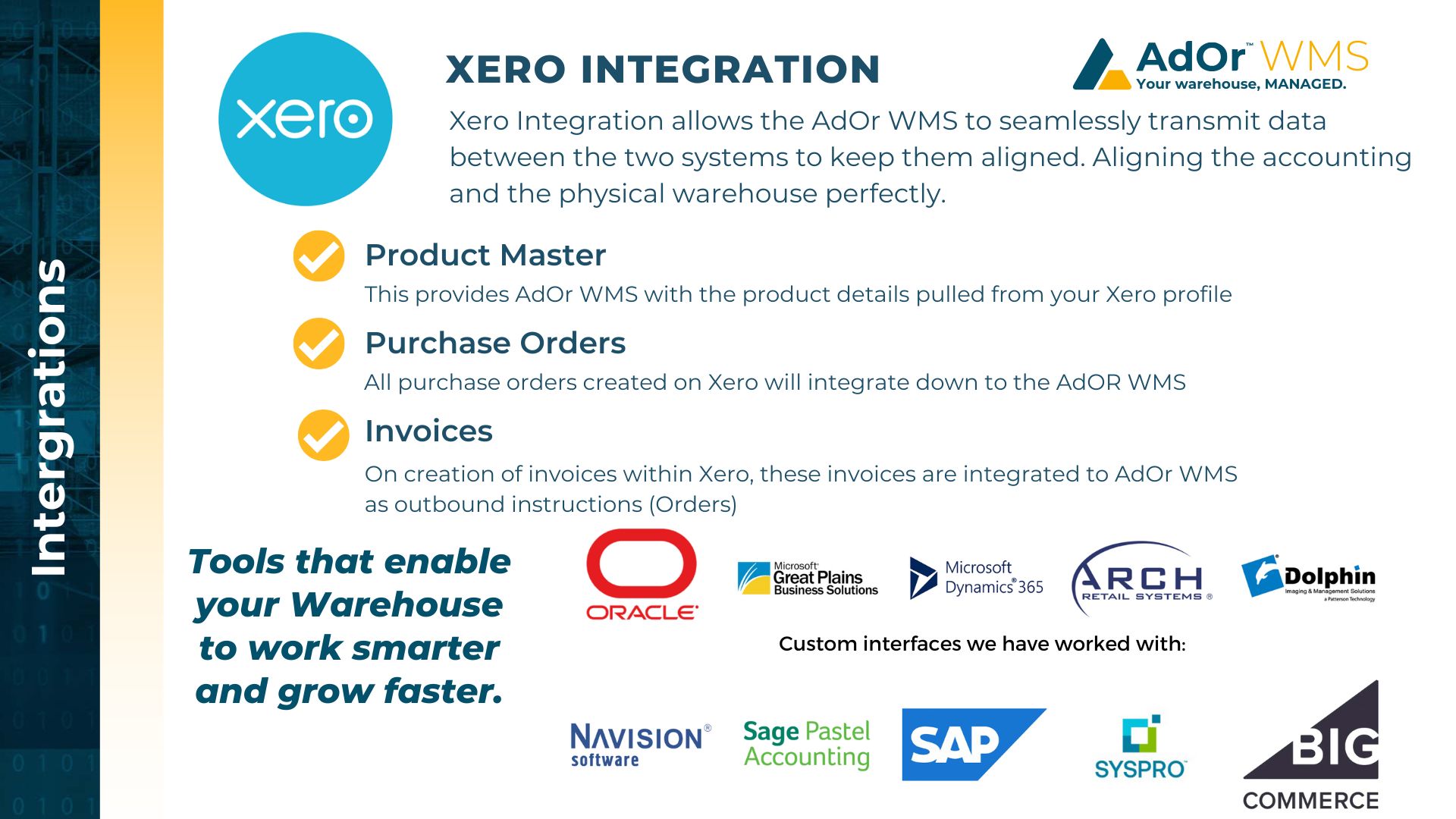A Warehouse Management System (WMS) significantly enhances warehouse operations by streamlining processes, improving accuracy, and maximizing productivity. Here’s a comprehensive look at how WMS contributes to these improvements:
1. Streamlined Operations
A WMS automates essential tasks, from inventory tracking to order processing, reducing the need for manual intervention. By centralizing warehouse activities in one system, a WMS minimizes human errors, speeds up tasks, and ensures real-time tracking and updates. Automation also enables smooth workflows, from receiving goods to final dispatch, allowing warehouses to operate with greater efficiency.

2. Enhanced Inventory Accuracy
With a WMS, every item in the warehouse is accounted for, reducing errors and misplacements. Real-time tracking enables precise inventory counts, making stockouts and overstocking less frequent. This accuracy extends to order fulfillment, where WMS matches inventory with orders, ensuring that customers receive the right products on time. Inventory accuracy also benefits forecasting and purchasing decisions, aligning stock levels with actual demand and reducing unnecessary holding costs.
3. Optimized Space Utilization
A WMS enables optimal use of storage space by tracking item location and organizing goods based on demand patterns. By placing high-demand items in accessible locations and consolidating space for less frequently picked products, the system reduces travel time for workers and speeds up picking and restocking processes. This optimization enhances productivity by minimizing time spent on locating items and maximizing available storage.
4. Improved Labor Productivity
WMS solutions contribute to efficient labor management by assigning tasks based on worker availability, skill set, and location. The system allocates tasks, reducing idle time and ensuring that workers are consistently productive. By tracking performance metrics, WMS also helps managers identify training needs and recognize high performers.
5. Faster Order Fulfillment
A WMS accelerates the order processing timeline, reducing the time between receiving an order and dispatching it. Through batch picking and automated sorting, the system allows multiple orders to be processed simultaneously, reducing turnaround time. This efficiency translates to faster delivery times, which is critical for meeting customer expectations in today’s fast-paced market.
6. Enhanced Data Insights for Decision Making
The data captured by a WMS offers valuable insights into various aspects of warehouse operations, including stock levels, employee productivity, and fulfillment timelines. This information allows managers to make informed decisions that enhance productivity, such as adjusting stock levels based on demand trends or reallocating resources during peak periods.
7. Seamless Integration with Other Systems
Many WMS solutions, like AdOr WMS, integrate seamlessly with other platforms, such as ERP systems and accounting software, enabling smooth data flow across business functions. This integration ensures that departments have access to accurate, real-time data, which supports synchronized operations and streamlined communication across the organization.

8. Scalability for Growth
A WMS is designed to adapt to changing business needs, making it a scalable solution for growing warehouses. As demand increases, a WMS can support higher volumes without compromising efficiency. This scalability is essential for businesses looking to expand operations without the need for significant infrastructure changes.
9. Enhanced Customer Satisfaction
With faster, more accurate order fulfillment and transparent tracking, WMS contributes to a positive customer experience. Customers benefit from quick deliveries and accurate orders, leading to increased satisfaction and repeat business.
A Warehouse Management System like AdOr WMS is essential for companies aiming to improve efficiency, reduce costs, and enhance customer satisfaction. By automating tasks, optimizing space, and managing labor effectively, a WMS transforms warehouse operations, allowing businesses to adapt swiftly to market demands while maintaining high standards of service.







